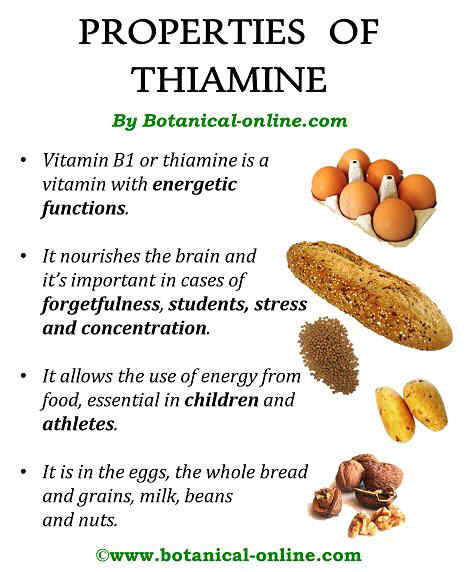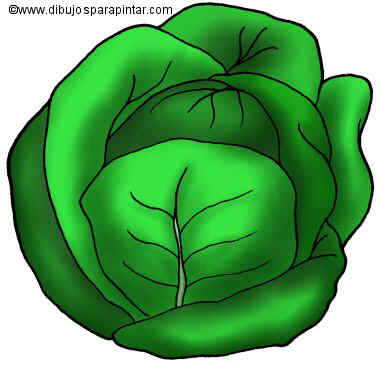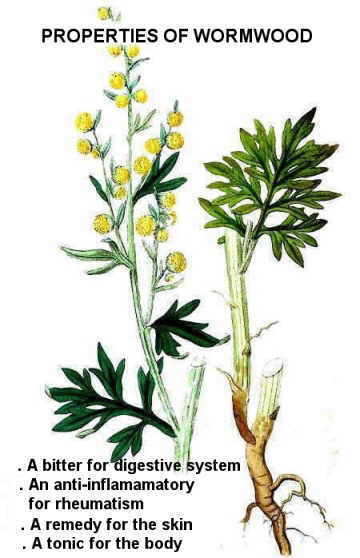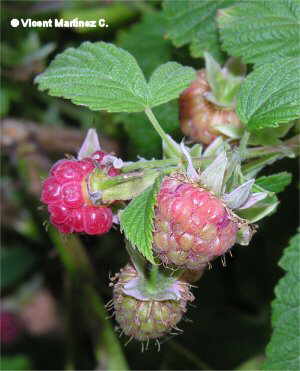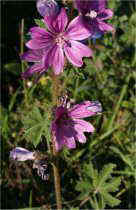Contents
Thiamin or vitamin B1
What is thiamin?
Vitamin B1, or thiamine, is part of vitamin B complex. It was the first discovered in 1911, so that sometimes it is named simply as vitamin B.
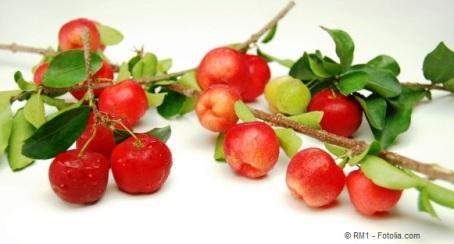
Acerola juice is the highest source of vitamin B1
Thiamin properties
What is thiamine used for?
Thiamine is necessary:
– For the body to transform food into energy, mainly because it is necessary for the production of enzymes involved in this process.
– For the brain to absorb the glucose it needs to function properly. For this reason, when there is a deficiency of this vitamin, there are problems with depression, fatigue, lack of interest, problems of poor memory or poor mental agility.
– To provide the nervous system with the necessary glucose. Its deficiency causes the degradation of nerve fibers and causes unpleasant symptoms such as lack of coordination, tingling sensations in the legs, hands or feet.
– To nourish the muscles properly. Its deficiency causes a lack of agility, pain in the calves or bad contractions of the heart.
– For the eye health. It has been shown that patients with glaucoma have low levels of this vitamin.
Main properties of thiamin
Food high in thiamin
Where can thiamin be found?
– Animal sources of vitamin B1: It appears mainly in meat (especially pork and beef liver) and in milk and its derivatives.
– Vegetal sources of vitamin B1: Sources very rich B1 vitamin are: nuts (almonds, nuts, hazelnuts, peanuts, etc.); the whole cereals and their derivatives (oats, rice, wheat, corn, barley, wheat germ, whole bread, etc.) Dried beans, peas, oranges, potatoes, cabbages, asparagus, raisins, etc.
The grain refinement involves the removal of this component. But now it is added in grains, seeds or breads that have undergone refining processes, so it is also found in non-whole bread, white rice, non-whole flour, etc.
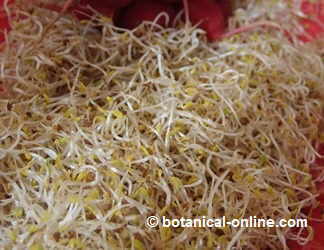
Alfalfa seeds sprouted are one of the highest sources in vitamin B1, after acerola juice. Sprouts contain more thiamine than dairy products and eggs).
Thiamin supplements
Besides foods, this vitamin can be acquired through supplements, as tablets or pills. Thiamin constitutes a habitual component in multivitaminic complexes. It can be taken alone as a single supplement, which may be necessary in special circumstances. Overall, thiamine works best in conjunction with other B vitamins.
Normally deficiencies of this vitamin do not appear when an adequate diet is followed, except in some special conditions which will need to take a group B vitamin supplement or a supplement of thiamine.
THIAMIN AND BERIBERI The lack of thiamine was responsible for beriberi, a disease that was very common in all countries of the world when the diet was based almost exclusively on refined cereals. This disease is characterized mainly by showing heart problems, coordination, calf pain, poor appetite or nerve inflammation. Since 1940, the inclusion of this supplement in the manufacture of food from seed or whole cereals has solved the problem. Today this disease only appears in the developing countries. |
Special needs of vitamin B
Medicinal properties of thiamin
Normally a varied diet is usually sufficient to meet the daily demands of this vitamin. There are however some situations where it will be necessary to increase the daily dose.
The administration of vitamin supplements, under strict medical supervision, may be appropriate. We would mention the following situations:
– It helps to overcome depression: People with depression usually have very low levels of thiamine. Supplementation of this vitamin helps reduce negative symptoms of depression by stabilizing the levels of thiamine. (The usual dose is usually 50 to 100 mg daily)
– It is useful in cases of dementia: it has been shown that restoration of the levels of this vitamin helps improve mental functioning in patients with dementia.
– It strengthens the heart: The use of thiamine supplements helps improve the heart’s activity, in cases of heart failure and related conditions such as fluid accumulation in the body (pulmonary edemas and edema of the legs) (The usual dose is usually about 200 mg daily). The use of this supplement counteracts the removal of thiamine that occurs in congestive heart failure patients undergoing treatment with diuretics.
– It restores low levels of thiamin in alcoholism: Alcohol causes the destruction of thiamin. The application dose of 500 mg thiamine daily along with other B vitamins is very beneficial in the treatment of alcoholism. Lower doses – 50 to 100 mg daily – can be appropriate in non-alcoholics who drink alcohol regularly.
– It helps to overcome stress: The use of supplements provides extra aid to other treatments when it comes to coping with stress. (The usual dose is usually situated between 100 and 500 mg daily)
– It helps to overcome heartburn: Thiamin, its influence on the nervous system, helps to reduce stomach acid produced by “nervous stomach.” (The usual dose is usually about 500 mg per day taken morning)
– Strict diets with low calorie level: very strict diets to lose weight, with a daily intake below 1500 calories, do not generally provide the appropriate RDA. A B-complex supplement may be necessary to get the daily recommended dose.
– Illnesses or surgery: During illness, especially chronic ones, or after the operations are an additional cost of producing vitamin B 1. The administration of a thiamine supplement in daily doses of 100-500 mg may be appropriate.
– During pregnancy or breastfeeding: In these periods the diet may not meet the RDA for thiamin. The administration of a supplement of vitamin B complex may help.
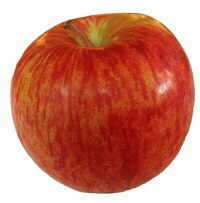
Apples are the highest fruits in vitamin B1, after acerola juice
Daily requirement of vitamin B1
The dosage of thiamine for adults is 1.5 mg daily. The RDA may vary according to age and special circumstances, as we saw earlier. The following table shows the minimum recommended amounts.
Recommended amount of thiamin
| Recommended amount of thiamin (vitamin B1) in mcg (micrograms) | |
| Less than 6 months | 0,3 |
| Of 6 months to 1 year | 0,4 |
| Of 1 to 3 years | 0,7 |
| Of 4 to 6 years | 0,9 |
| 7 to 10 years | 1 |
| Men of 11 to 14 years | 1,3 |
| Men of 15 to 50 years | 1,5 |
| Men with more than 50 years | 1,2 |
| Women of 11 to 50 years | 1,1 |
| Women of more than 50 years | 1 |
| Women during the pregnancy | 1,5 |
| Nursing women | 1,6 |
Toxicity of Vitamin B1
Thiamine is a water soluble vitamin. This means that excessive amounts that can be taken are eliminated in the urine. However, an excess of vitamin B1 can cause poor absorption of other vitamins of group B.
Tannin-rich beverages such as coffee or tea, for its high tannin content, can inhibit the absorption of this vitamin. Do not drink these beverages after lunch if required a high intake of it.
Consult your physician before starting any treatment with vitamin B1. It is particularly required if you are taking any other medical treatment or if you suffer from any disease.
![]() More information about vitamins.
More information about vitamins.
LIST OF VITAMINS
| Vitamin B1 (Thiamin) | Vitamin B2 (Riboflavin) | Vitamin B3 (Niacin) |
| Vitamin B5 (Pantothenic acid) | Vitamin B6 (Pyridoxine) | Vitamin B7 (Biotin) |
| Vitamin B9 (Folic acid) | Vitamin B12 (Cobalamin) | Choline |
| Inositol | PABA | Lipoic acid |
![]() More information about vitamins.
More information about vitamins.

